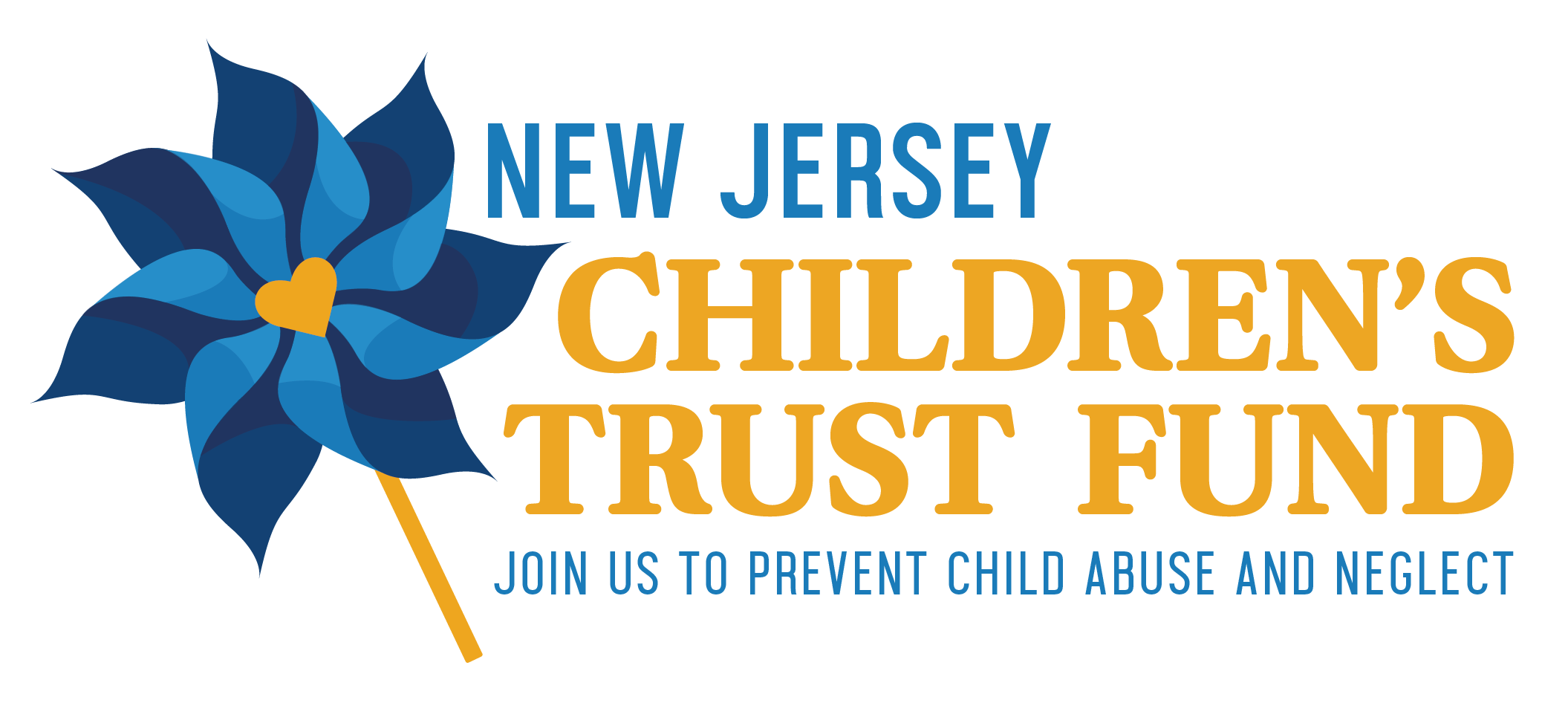
The New Jersey Department of Children and Families (DCF) has partnered with human services organizations in each county to undertake an assessment of local strengths and needs. The goal of this assessment is to collect the information needed to make sure the right mix of services and activities are available in every county in New Jersey to support families. In a coordinated effort to understand the needs of families in each county, DCF has funded county Human Services Advisory Councils (HSACs) to undertake an assessment of local needs every two years. Counties are charged with gathering information related to local basic and service needs, social connections and community networks, the impact of those needs on subpopulations, trends in needs over time, key barriers to service delivery and considerations for action.
To view a slidedeck overview of the 2019-2020 HSAC / DCF Needs Assessment, click here. To view the Overview Presentation on YouTube, click here.
For DCF, the primary purposes of the needs assessment are to:
- Partner with communities throughout New Jersey to strengthen families,
- Collaborate with HSACs to gain county-specific qualitative information related to assets, needs and barriers and the context and considerations for action, and
- Utilize information gained from the needs assessment process to support DCF’s vision and continuous quality improvement efforts and to inform policy, strategic planning (e.g., service array development) and New Jersey’s Federal Child and Family Service Plan.
Qualitative Data
Summary Report
ChildStat
Follow-up
Statewide Needs Assessment Synthesis Report
DCF will provide HSACs in each county with a county data profile, which will include county population data and the most recently available administrative data. The county data profiles, which are compiled in partnership with Rutgers University, School of Social Work, may include data to demonstrate need areas including: housing, food, health care, community safety, employment and career services, child care, services for families caring for a child of a relative/family friend, behavioral/mental health services for children, behavioral/mental health services for adults, substance use disorder services, domestic violence services, parenting skills services, and legal and advocacy services. The county data profiles and existing county trends will highlight areas of need to help support HSACs in identifying, prioritizing and addressing county needs, services and resources.
Atlantic
Bergen
Burlington
Camden
Cape May
Cumberland
Essex
Gloucester
Hudson
Hunterdon
Mercer
Middlesex
Monmouth
Morris
Ocean
Passaic
Salem
Somerset
Sussex
Union
Warren
Top ^
HSACs will lead an assessment of the nature of the need areas and the barriers to meeting those needs through focus groups and key stakeholder interviews. Additional data collection efforts are optional.
- HSAC Focus Groups: HSACs will conduct a series of focus groups, which will include a predetermined set of diverse stakeholders, such as: community members, leaders, and influential persons, public service organizations, community-based organizations, local business owners, youth, etc. Each focus group session will include two data collection methodologies: focus group standard survey and focus group dialogue. The standard survey will assist in prioritizing needs and barriers, while the dialogue will allow for a deeper discussion and assessment of the scope of the need areas.
- Key Informant Interviews: HSACs will share focus group feedback to identified key informants and facilitate a conversation to identify additional considerations for addressing the need. The purpose of the key informant interviews is to: 1.) learn if the identified need areas can be feasibly addressed at the county level; 2) determine if the need can be addressed, with additional support, by existing service providers and community organizations; and 3) to outline considerations for procuring and allocating resources.
Documents
- Survey Tool (pdf), Survey Tool in Spanish (pdf)
- Focus group protocol (pdf)
- Key informant interview protocol (pdf)
- Focus group informed consent/confidentiality form (pdf)
- Key informant interview informed consent/confidentiality form (pdf)
- Parental consent for youth participation form (pdf)
- Youth and Young Adult Focus Group Protocol
Top ^
HSACs will complete a standard summary report, summarizing the information collected during the focus groups and key informant interviews. The standard report will be completed using the template provided by DCF. Upon completion, the standard report will be submitted to DCF and may be distributed broadly.
HSAC Needs Assessment Report Template
Template Instructions
HSAC Needs Assessment Reports: Each HSAC completed a county-specific needs assessment report that discussed findings related to six basic need areas and seven specialized need areas in their individual counties. These reports discuss the scope and nature of each need area, as well as local considerations, i.e. resources and timeframes for addressing, for priority needs areas.
Atlantic
Bergen
Burlington
Camden
Cape May
Cumberland
Essex
Gloucester
Hudson
Hunterdon
Mercer
Middlesex
Morris
Monmouth
Ocean
Passaic
Salem
Somerset
Sussex
Union
Warren
Top ^
A HSAC representative or county Human Service Director will present county needs assessment information at the county’s biennial ChildStat presentation. ChildStat is a learning, management, and accountability tool used by DCF to support continuous quality improvement, foster a shared sense of accountability and promote system-wide problem solving around critical issues affecting child and family outcomes.
Top ^HSAC representative or County Human Service Director may be expected to participate in the county Continuous Quality Improvement team.
Top ^With the completion of needs assessments in all 21 counties, DCF, through Rutgers University, School of Social Work, has reviewed and synthesized all findings into a statewide comprehensive report.
For questions/additional information, please email: DCF.HSACneedsassessment@dcf.nj.gov
Top ^





